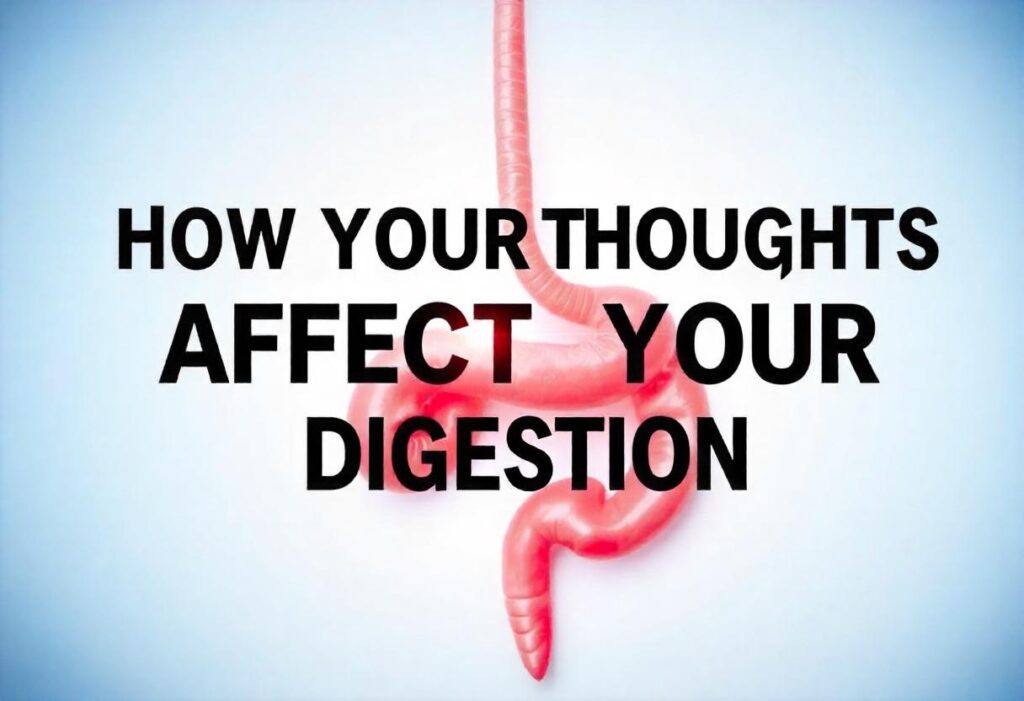The age-old adage “trust your gut” has gained new significance in recent years as science unveils the intricate relationship between our brains and our digestive systems. The mind-gut connection, also known as the gut-brain axis, is a complex communication network that links our emotional and cognitive centers with the intricate workings of our gut.
The Second Brain: The Enteric Nervous System
Embedded within the walls of our digestive tract lies a vast network of neurons, often referred to as the “second brain” or the enteric nervous system ENS. This intricate system, comprising over 100 million nerve cells, plays a pivotal role in regulating digestion, from swallowing to nutrient absorption and elimination. While the ENS doesn’t compose symphonies or solve complex equations, it engages in constant communication with our brain, influencing our mood, behavior, and overall well-being.
The Gut-Brain Axis: A Two-Way Street
The communication between the gut and the brain is bidirectional. The vagus nerve, a major cranial nerve, acts as a superhighway, transmitting signals between the ENS and the central nervous system CNS. The gut microbiome, a bustling community of trillions of microorganisms residing in our intestines, also plays a crucial role in this communication network. These microbes produce neurotransmitters, such as serotonin and dopamine, which influence our mood, sleep, and even our appetite.
The Impact on Health and Disease
The mind-gut connection has far-reaching implications for our health. Research suggests that imbalances in the gut microbiome and disruptions in the gut-brain axis may contribute to a range of conditions, including:
- Gastrointestinal disorders: Irritable bowel syndrome IBS, inflammatory bowel disease IBD, and functional gastrointestinal disorders.
- Mental health disorders: Anxiety, depression, and even neurodegenerative diseases like Parkinson’s disease.
- Metabolic disorders: Obesity, type 2 diabetes, and metabolic syndrome.
- Immune system dysfunction: Allergies, autoimmune diseases, and chronic inflammation.
Nurturing the Mind-Gut Connection
The good news is that we can take proactive steps to nurture our mind-gut connection and promote overall well-being. Here are some key strategies:
- Eat a balanced and diverse diet: Emphasize whole foods, fruits, vegetables, and fermented foods rich in probiotics. A healthy gut microbiome is essential for optimal gut-brain communication.
- Manage stress: Chronic stress can wreak havoc on the gut-brain axis. Engage in stress-reducing activities such as meditation, yoga, or spending time in nature.
- Get enough sleep: Quality sleep is crucial for both gut and brain health. Aim for 7-8 hours of uninterrupted sleep each night.
- Exercise regularly: Physical activity benefits both physical and mental health, positively impacting the gut-brain connection.
The Future of Mind-Gut Research
The field of mind-gut research is rapidly evolving, with scientists uncovering new insights into the complex interplay between our brains and our bellies. As we gain a deeper understanding of this connection, we can develop innovative therapies and interventions to promote digestive health, mental well-being, and overall health.
References:
- The Brain-Gut Connection | Johns Hopkins Medicine: https://www.hopkinsmedicine.org/health/wellness-and-prevention/the-brain-gut-connection
- What Is the Gut-Brain Connection? – Cleveland Clinic: https://my.clevelandclinic.org/health/body/the-gut-brain-connection
- The Gut-Brain Connection: How it Works and The Role of Nutrition – Healthline: https://www.healthline.com/nutrition/gut-brain-connection

